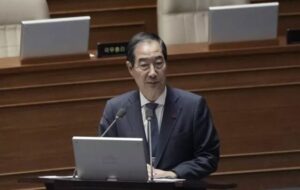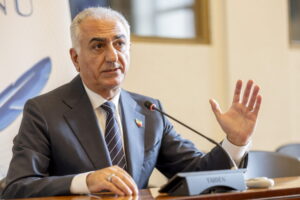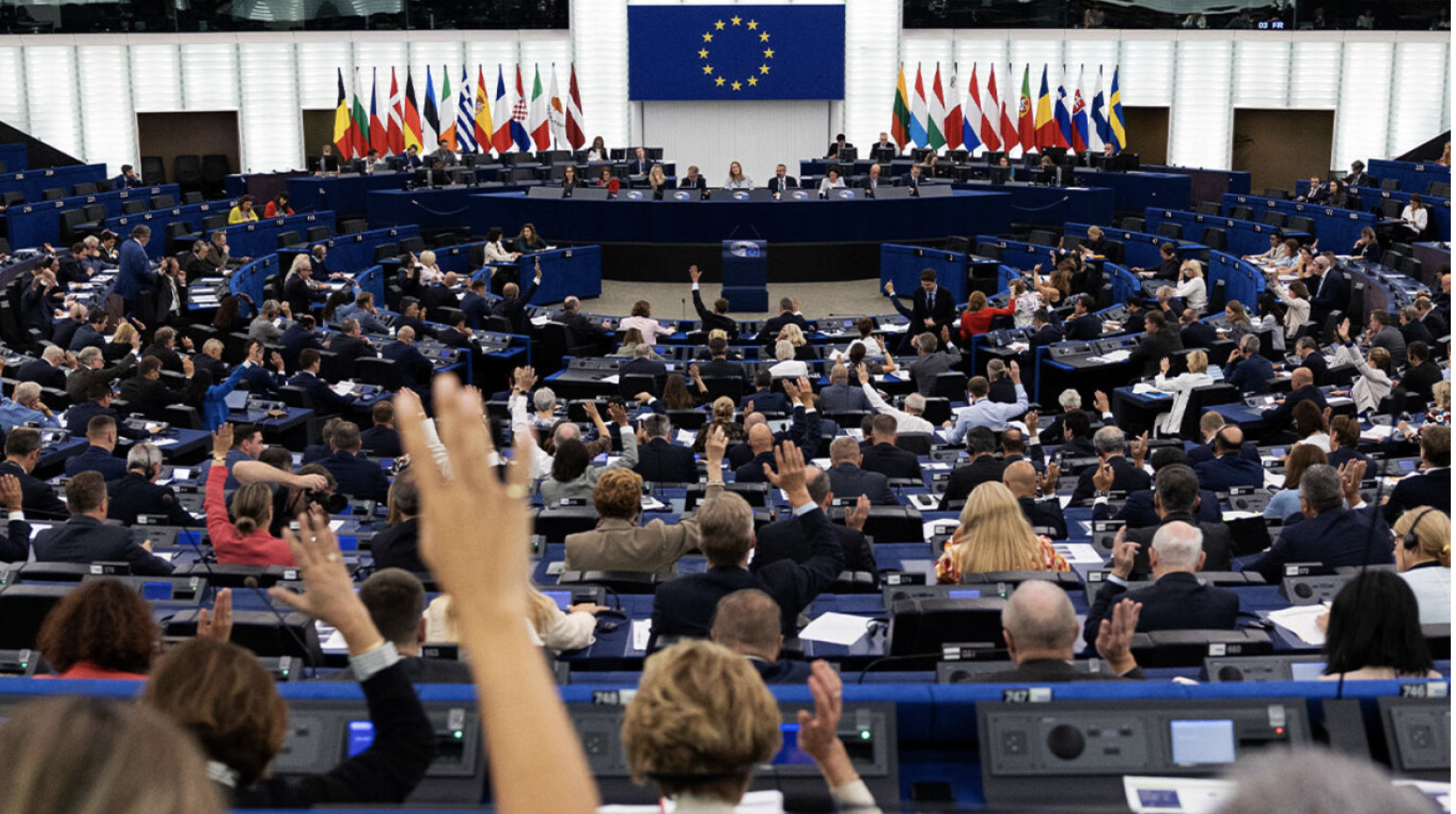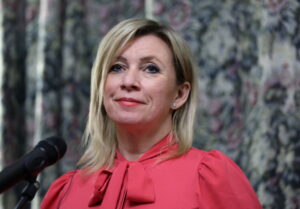South Korea’s South Korean parliament yesterday ousted President Yoon Suk-gel, who paid the price for his attempt to impose martial law 11 days ago. Here’s a look at what’s in store for the country amid political chaos.
Prime Minister Han Duk-soo has taken over as caretaker president. He will rule for a maximum of eight months, with the Constitutional Court having 180 days to decide whether or not to approve the president’s removal. If it is upheld, new elections will have to be organised in two months.
In his first statement in his new capacity, the 75-year-old Khan promised to make maximum effort to “ensure stable governance” of the country.
The motion to remove Yun Sock-yel was passed by parliament with 204 votes in favour and 85 against. The last time something similar happened, the Constitutional Court announced its decision 92 days after MPs voted, upholding the 2017 impeachment of former President Park Geun-hye, who was removed from office on corruption charges.
If the court does the same for Yun, a presidential election will have to be held within 60 days. The winner would take office the next day, without the usual transition period.
The court normally consists of nine judges, but three retired in October and have not been replaced. As six votes are needed to ratify the removal, a unanimous vote is required to remove Yun.
According to experts, however, this is “very likely”, given that Yoon committed clear violations of the Constitution by declaring martial law.
It is blatant that Yoon “tried to paralyze the functions of the state….even the most conservative academics recognized that this caused a crisis in the constitutional order,” Kim Hyun-young, a researcher at the Institute of Law at Korea University, told the French News Agency.
According to analysts, this case is quite likely.
“Those in favor of Yun’s departure will probably gather at Guanghuamun Square, near the Constitutional Court, to apply pressure, said Ba Kang-hun, of the Valid Institute.
Protesters from both camps told Agence France-Presse that they would take to the streets until the court’s decision.
“I will march in front of the court to demand that it reject the impeachment,” said Cho Hishun, who attended a pro-Yun rally in front of Parliament yesterday.
Kim Cho-rong, who favors impeachment, said she would continue to join the rallies “in the coming weeks to make (her) voice heard among the judges.”
Opposition leader Lee Jae-myung is considered the heavy favorite by experts.
“Lee appeared to exercise strong leadership in the days of unrest after the declaration of martial law and played a key role in passing the impeachment motion, said lawyer and political commentator Wu Young-hun.
According to a poll released last week, more than 52 percent of voters consider Lee Jae-myung the best candidate, with the rest far lower, below 10 percent.
In the ranks of Yun’s People’s Power Party (PPP), leader Han Dong-hun and Seoul Mayor Oh Se-hun appear to stand out.
Coming from a working-class background, having dropped out of school to help his family, Lee made rapid social advancement and became a star in politics. Last January, he risked losing his life when he was attacked with a knife to the neck on a street in Busan, South Korea, by a man who approached him in the crowd pretending to be one of his followers.
In the 2022 presidential election, he lost to Yun Suk-gel by the narrowest margin in South Korean history.
However, the opposition leader has been at the center of several scandals. In November, a court found him guilty of violating election laws, a suspended ruling. If he was sentenced to serve a prison term, he would not be able to run for president.
In any case, Lee “remains far ahead” of his potential rivals, Wu Young-hun said, reminding that prosecutions against him would cease if he wins the election because of presidential immunity.
Ask me anything
Explore related questions





